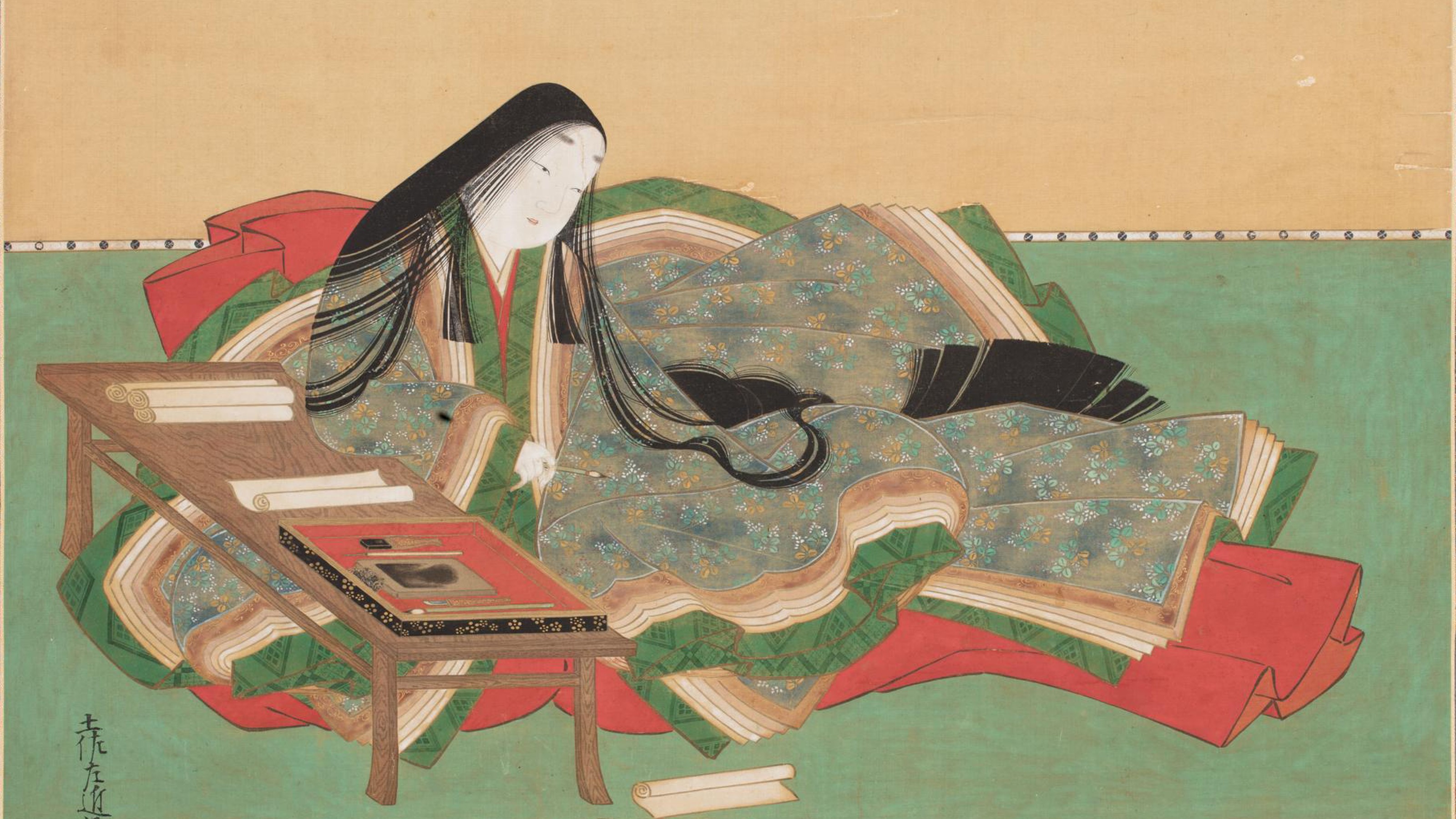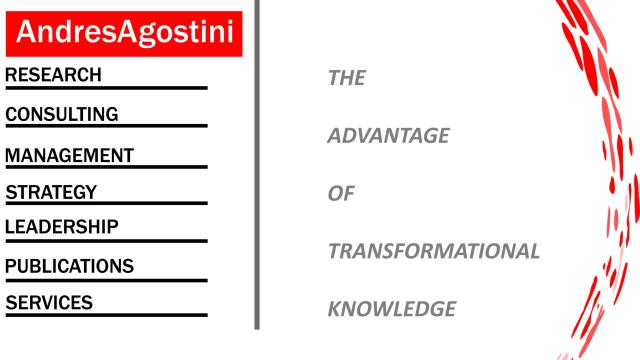What Dickens Got Right About Bernie Madoff

Is it possible that the world’s most famous diarist wasn’t keeping a diary at all? According to author and literary critic Francine Prose, Anne Frank’s famous account of life in the annex was less a confessional and more of a heavily edited, conscious work of literature. We sat down with the author and critic to discuss her book, Anne Frank: The Book, The Life, The Afterlife, in which she explores the surprisingly complex back story of how the diary came to be the staple of high school classes and YA reading lists that it is today.
Our conversation about Anne Frank got us on the topic of the literary canon as a whole, and whether Great Books are still relevant today. Though Prose generated some heated controversy a few years back with her Harper’s essay, “I Know Why the Caged Bird Can’t Read,” in which she criticized certain staples (guess which) of the canon, ultimately she’s a devoted reader and lover of the classics. In fact, Prose argues that there’s still a lot to be learned about the complexities of modern life—apparently Dickens’ had the Bernie Madoff figure dissected before there was a Bernie Madoff.
And speaking of Dickens, the juiciest part of the conversation (at least for this Big Think editor), which sadly came off camera, was Prose’s impassioned discussion of The Wire—a show that draws heavy influences from books like Bleak House. Good thing we still read the classics. How else would we understand TV?





